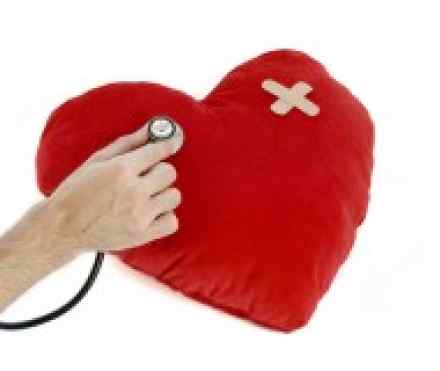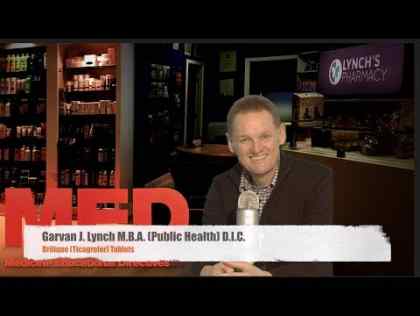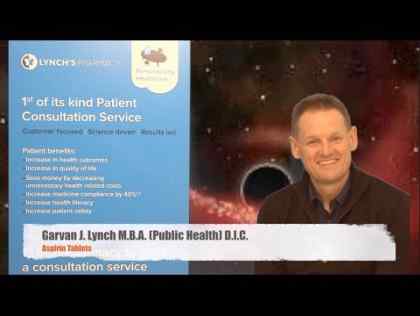-
Trouble with walking. You may stumble or experience sudden dizziness, loss of balance or loss of coordination.
-
Trouble with speaking and understanding. You may experience confusion. You may slur your words or be unable to find the right words to explain what is happening to you (aphasia). Try to repeat a simple sentence. If you can't, you may be having a Stroke.
-
Paralysis or numbness on one side of your body or face. You may develop sudden numbness, weakness or paralysis on one side of your body. Try to raise both your arms over your head at the same time. If one arm begins to fall, you may be having a Stroke. Similarly, one side of your mouth may droop when you try to smile.
-
Trouble with seeing in one or both eyes. You may suddenly have blurred or blackened vision, or you may see double.
-
Headache. A sudden, severe "bolt out of the blue" headache, which may be accompanied by vomiting, dizziness or altered consciousness, may indicate you're having a Stroke.
Causes
A Stroke disrupts the flow of blood through your brain and damages brain tissue. There are two chief types of Stroke. The most common type — ischemic Stroke — results from blockage in an artery. The other type — hemorrhagic Stroke — occurs when a blood vessel leaks or bursts. A transient ischemic attack (TIA) — sometimes called a ministroke — temporarily disrupts blood flow through your brain.
How do you treat it?
Like any disease, even if there is no cure, there is almost always something you can do to manage it and take control. There are three main areas involved in the treatment of any disease:
For information on medicines and therapies relevant to Stroke, make an appointment at Lynch's Pharmacy, Broadale, Douglas, Cork on 021-4366923.
Learn all about the drugs used to treat Stroke and any complementary medicines or therapies proven to help. Equip yourself with the tools to manage the condition and not be managed by it.
How do you live with it?
Certain adjustments may be needed to get on with your life, and often, some simple tips and advice can go a long way to making these changes.
When you come to a Lynch's Pharmacy Clinic, we give you all the necessary information available to make your life more manageable and allow you to better live with your condition.
References
Stroke- http://en.wikipedia.org/wiki/Stroke
Stroke, innformation for patients http://www.cks.nhs.uk/patient_information_leaflet/stroke
http://www.stroke.org/site/PageNavigator/HOME
http://www.nhs.uk/conditions/Stroke/Pages/Introduction.aspx
http://www.stroke.org.uk





